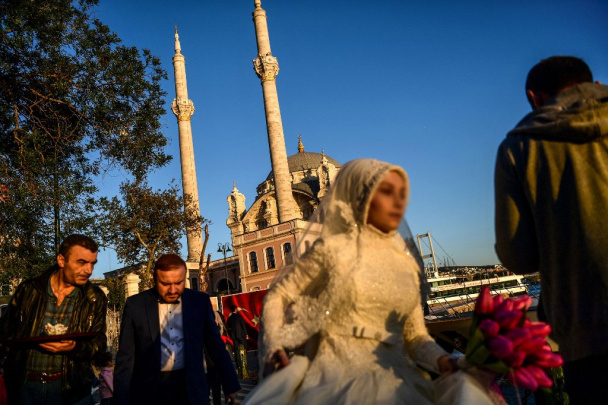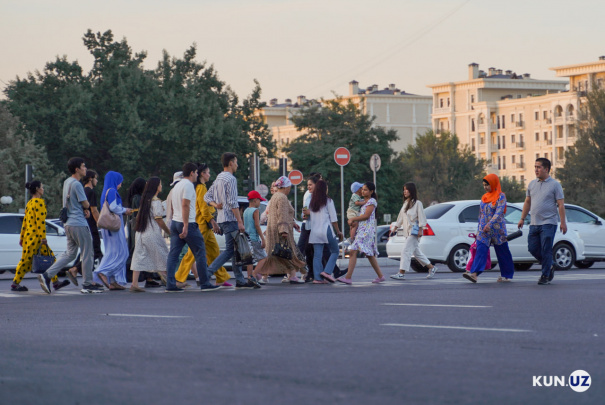Uzbekistan’s birth rate decline linked to generational population changes
The growth in number of births in Uzbekistan has seen a decline in recent years, which economist Mirkomil Kholboev attributes to a generational shift. According to Kholboev, this trend is primarily linked to a natural demographic cycle rather than any deeper demographic issues.

Photo: KUN.UZ
From January to September 2024, around 694,000 births were registered, marking a 3.2% decrease compared to the same period in 2023. While birth rates have periodically fluctuated in recent history, including declines of 1.3% and 1.4% in 2016 and 2017, respectively, experts suggest that these variations align with long-term patterns rather than specific economic or social challenges.
Kholboev explained that many of those currently of childbearing age were born during the early years of Uzbekistan’s independence, a period when birth rates sharply declined due to economic hardships, dropping by nearly 30%. This smaller generation of potential parents now has a natural effect on today’s birth rates. The correlation between the birth rate of current and previous generations, estimated at approximately 0.46%, suggests a strong link between today’s lower numbers and those observed 27 years ago.
Marriage rates, often associated with birth rates, have also shown declines. For instance, marriage rates fell by 2.8% in the first nine months of 2024, 4.3% in 2023, and 2.8% in 2022. This is partially attributed to the rising average age of marriage and the effect of the lower birth rates in the 1990s.
Although recent years have seen an increase in the fertility rate, rising from 2.4 children per woman in 2017 to 3.3 in 2022, the overall number of births is still influenced by the smaller population size of individuals in their childbearing years. Therefore, this decline, as Kholboev suggests, should be seen as a temporary demographic trend rather than a sign of a long-term issue.
Related News

12:48 / 26.02.2026
Uzbekistan ranks second in Turkey’s foreign brides statistics

13:25 / 03.02.2026
Population density in Uzbekistan continues steady upward trend

15:05 / 30.01.2026
Marriage rate slips further in Uzbekistan, urban divorces dominate

11:26 / 29.01.2026




